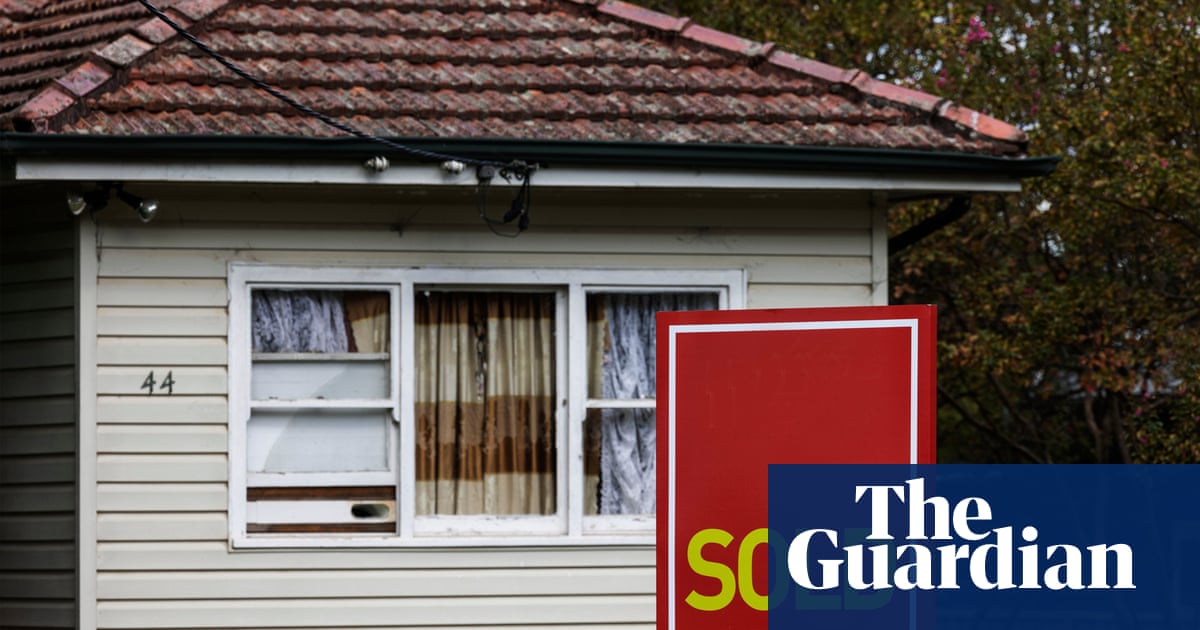Yet house prices remain stubbornly high, thanks Labor for promising to pump billions into subsidising ridiculous house prices instead of addressing any of the underlying problems.
thanks Labor
Both major parties have been keeping the bubble going since the mid-90 and they keep doing it because it is a vote winner.
The wealth of so many Australians is tethered to property ownership that to threaten housing prices is to basically ask to lose an election.
Only while there are more home owners than renters voting. But with the population being 2/3 owners (half with a mortgage) and 1/3 renters that will not change for a long while.
Not quite accurate: not every homeowner wants this goddamn insanity to continue.
While I do think Labor’s housing future fund is a dogshit policy that will subsidise property developers, both Phillip Lowe and the previous government really do have a lot to answer for in this situation. Lowe told everyone that interest rates wouldn’t rise - which, yes they were obviously going to rise eventually and a lot of people have certainly overleveraged themselves. But Lowe really shouldn’t have added to this by assuring people that they wouldn’t rise. On top of this the lnp loosened lending laws and allowed people to withdraw from their super. Sure there’s a certain degree in which people should be responsible for the decisions they make. But expecting everyone to be a rational decision maker at all times is not a great basis for financial policy. Throw in the fomo rhetoric being pushed by the media and you get quite a shitty situation all round.
I do wish the government would at least tax some of the profits that the banks are making off this.
I am curious, if not the private developers how do you propose houses get built?
Labor is doing the right thing. The fundamental problem is there are more people who want homes than there are homes available. By pumping billions into it, labor is stimulating construction which will increase supply and, in the medium and long term, reduce prices.
Short term, prices will go up slightly. But focusing on the short term is how we got into this mess.
So failing to address negative gearing, foreign investment and increasing immigration helps reduce house prices how?
This is the best summary I could come up with:
The figure surpasses the previous highest number of people experiencing mortgage stress: 1.46 million in the three months to May 2008 at the height of the global financial crisis.
The new research from Roy Morgan also showed mortgage risk will increase further if the Reserve Bank raises interest rates again in September.
After a year of rate rises by the RBA, there are 640,000 more households at risk of mortgage stress compared with the same period in 2022.
To be considered extremely at risk, mortgage holders have to pay a certain portion of their income on interest repayments alone.
Roy Morgan predicted that if the RBA increased interest rates by 0.25% in September 2023, 81,000 more mortgage holders would be considered at risk.
“Therefore, although many have suggested the RBA has finished its cycle of interest rate increases, the low Australian dollar, and high petrol and energy prices adding to inflation, may force their hand for further interest rate increases in the months ahead.”
The original article contains 483 words, the summary contains 164 words. Saved 66%. I’m a bot and I’m open source!



